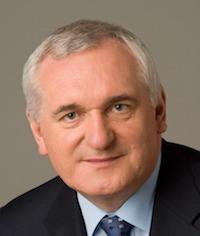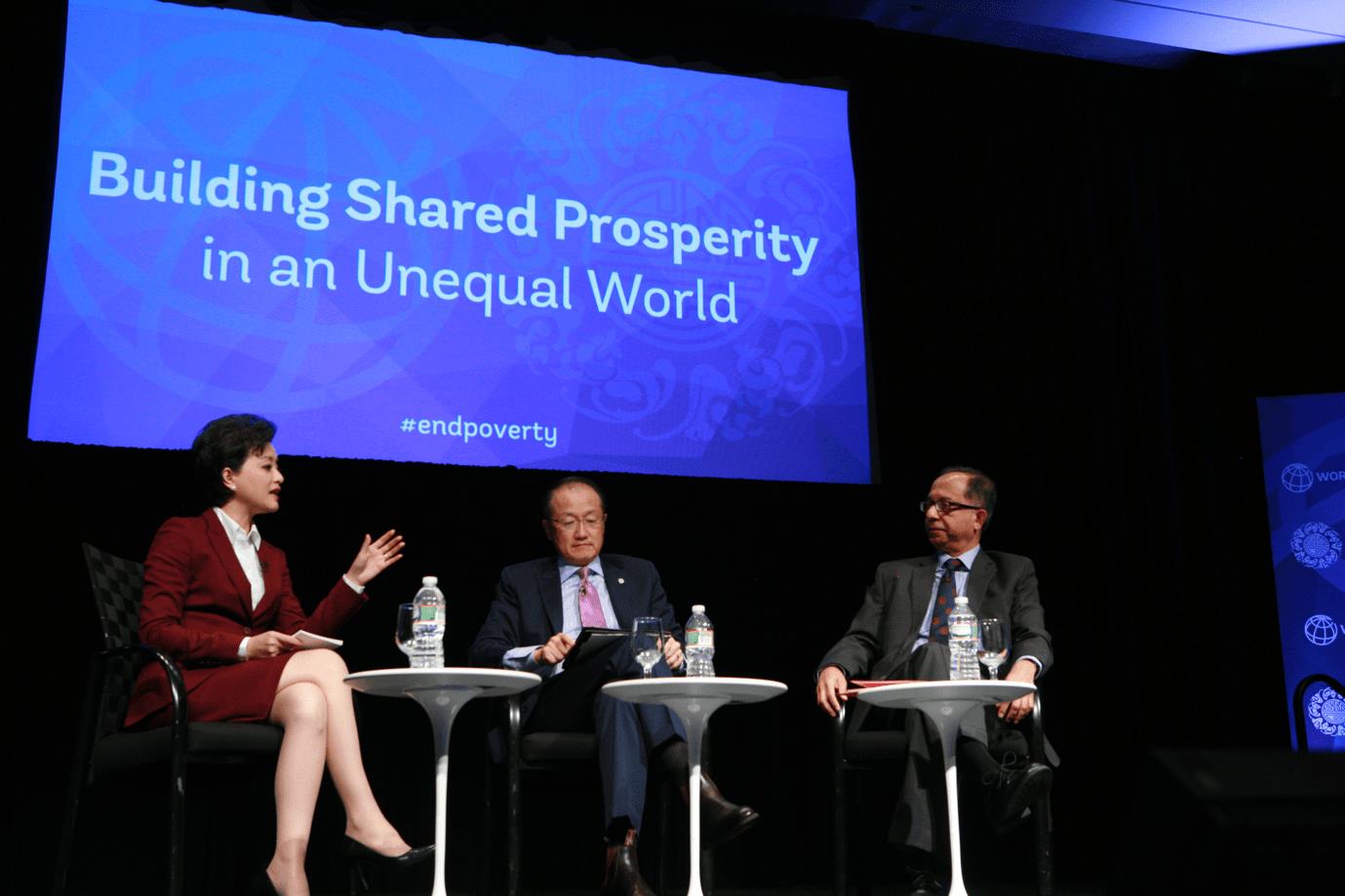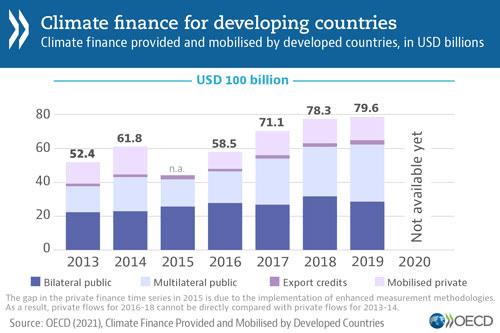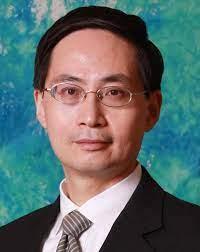(MENAFN- Asia Times) In the run-up to the 26th United Nations Climate Change Conference, or COP26, in Glasgow, Scotland, between October 31 and November 12, former Irish prime minister and European Council president Bertie Ahern today announced a new public-private initiative to mobilize support and bring expertise to advance climate cooperation among China, the United States, Europe and developing countries.

Photo: Office of Bertie Ahern, Dublin
Ahern (left), who co-chairs the Interaction Council of Former Heads of State and Government as well as the Eco Forum Global International Advisory Council, chose this date to mark the first anniversary of Chinese President Xi Jinping's pledge before the UN General Assembly in September 2020 to achieve carbon neutrality for China by 2060 and to peak carbon emissions before 2030.
Ahern will head the World Carbon Neutrality Forum (WCNF), which aims to elicit expert advice on the challenging task of mobilizing trillions of dollars of investment capital and new technologies to achieve carbon neutrality by the United Nations' proposed deadline of 2050. It will invite political leaders, multinational companies, research institutions and scientists to advance and discuss new ideas for carbon neutrality and promote public awareness of environmental goals.
In parallel with the World Carbon Neutrality Forum, a platform for political and thought leaders, Ahern will work with a new broadcasting initiative, the World Carbon Neutrality Media Network (WCNMN). The broadcasting venture will build a global media and cloud video-conferencing platform on the model of TED, with a focus on international cooperation to achieve decarbonization targets, and will commence conferencing activities in January 2022.
One of China's best-known media personalities, Yang Lan, will serve as chief moderator for WCNMN conferences. The new media platform will address topical issues on climate change.

Yang Lan, moderator, with World Bank president Jim Yong Kim and World Bank chief economist Kaushik Basu; on the sidelines of the 2014 IMF/World Bank annual meetings in Washington, DC.
Yang chairs the Sun Media Group and the Sun Cultural Foundation. She is the host of China's longest-running television interview program, Yang Lan One on One, and has conducted more than 1,000 interviews with world political and intellectual leaders.
She has interviewed among many others Jimmy Carter, George Bush, Bill Clinton, Tony Blair, HRH Prince Charles, Gerhard Schroeder, Lee Kuan Yew, Fukuda Yasuo, Henry Kissinger, Hillary Clinton, Ban Ki-moon, Christine Lagarde, Condoleezza Rice and David Cameron, with an average audience of 10 million viewers. Ms. Yang is the recipient of numerous journalism awards.
She holds a master's degree in international affairs from Columbia University's School of International and Public Affairs.
The announcement of the new public-private forum and media platform comes at a time when COP26, the United Nations-sponsored international forum, is under pressure for two reasons.
First, the scientific consensus has added a new sense urgency about climate change. A report released on September 17 by the United Nations Secretariat warns that – given current country pledges under the Paris Agreement – carbon emissions in 2030 will be 16% higher than in 2010, putting the world on track for severe climate compromise by the end of the century.
To keep global warming within acceptable limits will require a 45% reduction in carbon emissions by 2030. There now is the specter of an increase of global temperatures of 2.7 degrees Celsius by the end of the century instead of the targeted maximum increase by 1.5 degrees.
Already on September 15, UN Secretary General Antonio Guterres had told Reuters in an interview at UN Headquarters in New York,“I believe that we are at risk of not having a success in COP26.”
Second, the nations that comprise the Conference of Parties (COP) have lagged far behind on their previous financial commitments to facilitate transition to carbon neutrality. The world's industrial nations at the 2015 Paris Accord pledged US$100 billion a year to help poorer countries reduce carbon emissions, but contributions have fallen far short of the goal.
An OECD report estimated that industrial nations' contributions to carbon-neutrality financing had fallen short of commitments by more than 20%.

“Climate finance continued to grow in 2019 but developed countries remain $20 billion short of meeting the 2020 goal of mobilizing $100 billion,” OECD secretary general Mathias Cormann said in a September 17 statement.“The limited progress in overall climate finance volumes between 2018 and 2019 is disappointing, particularly ahead of COP26.”
Meanwhile, the Organization for Economic Cooperation and Development also reports that its member countries still rely on fossil fuels for about 80% of their energy supply, notably for industry and transportation uses that are the largest emitters of greenhouse gases. Recent OECD data show that use of fossil fuels in 2019 rose by 10% to $178 billion, reversing a five-year downward trend.
Despite their collective pledge to act against climate change at the 2015 Paris Accords, the industrial nations have been drifting in the wrong direction. If the scientific consensus reported by the United Nations is correct, the opportunity to avoid disruptive global warming will have passed by 2030.
Fresh ideas and convincing appeals to public opinion will be required to reverse the drift.
Commenting on the new public-private initiative, Ahern said,“Without doubt climate change is the central issue challenging world leaders economically, politically and socially. What is required of a single generation is a scale of change ordinarily phased in over several decades. The politics to deliver that change will require political courage and skill.
“Throughout my career I have always tried to cultivate the spirit of partnership and consensus. I am delighted to be chair of the World Carbon Neutrality Forum because I believe collaboration, cooperation and coalition are key to substantial change. When it comes to climate action, we need borderless dialogue.
“The World Carbon Neutrality Media Network will provide an opportunity for industry leaders and governments to listen to each other and take practical solutions from each other if we are to collectively realize global decarbonization targets.”
Ahern noted that“as part of the European Green Deal, the Commission proposed in September 2020 to raise the 2030 greenhouse-gas emission-reduction target, including emissions and removals, to at least 55% compared with 1990. It looked at the actions required across all sectors, including increased energy efficiency and renewable energy, and started the process of making detailed legislative proposals by July 2021 to implement and achieve these ambitious goals.”
He believes that a“paradigm shift” is under way in climate politics.
“Recent announcements from China as well as the recently renewed commitment by the United States to the Paris Agreement means that policy and political momentum are moving in the same direction on carbon neutrality,” Ahern said.
“The activity amounts to a paradigm shift, and I believe there is an opportunity for a leadership voice to emerge to articulate the value of net zero-carbon target. The World Carbon Neutrality Forum will seek to find our collective voice through a network for like-minded political and business leaders and will provide a collaborative forum to motivate and share experience.”
The requirements for achieving carbon neutrality are daunting. The International Energy Agency proposes $100 trillion in investment by 2050 to achieve zero emissions. In the IEA's playbook, renewable energy will provide 90% of global electricity generation by 2020, with solar power and wind power contributing 70%. That will require $4 trillion of green investment by 2030, three times the present level. Over the next 30 years, the cumulative total will come to $100 trillion.
That figure, $100 trillion, is a staggering sum. The combined free cash flow of the 4,100 companies worldwide with a market capitalization of at least $1 billion was $332 billion in the first quarter of 2021, or $1.33 trillion annualized, according to Refinitiv Data. To put this in context: $92 trillion is nearly 70 times that sum to be spent over 30 years. The entire free cash flow of the world's private corporations would barely make up a third of the Global Reset investment budget.

New ideas will be key to securing the financing demanded by the goal of carbon neutrality. One of the experts who will contribute to the World Carbon Neutrality Forum is Chinese economist Ma Jun, who directs the Center for Finance and Development at Tsinghua University.
Professor Ma (left) is a former senior official of the World Bank and International Monetary Fund, has served as chief economist of China's central bank, currently chairs China's Green Finance Committee and serves on the Monetary Policy Committee of the People's Bank of China.
China's green lending program burgeoned by 26.5% in the year ended in June 2021, according to PBOC data. The volume of green loans reached 13.92 trillion yuan ($2.15 trillion). Two-thirds of the loans financed projects to reduce carbon emissions.
In an interview with Asia Times, Ma Jun commented,“It's a very, very strong growth rate compared with the past few years. Also, green bond issuance in the first half of this year went up 181% compared with the same period last year. So all these were very largely because of the impetus from the carbon neutrality push of the government and the financial sector responded very swiftly to that call for innovations in the product category.
“Carbon neutral bonds were introduced for the first time this year and at the central bank incentives are being developed. A major one forthcoming is what the central bank calls a decarbonization facility, which I think in substance is similar to the green bond facility. But it's a refined version, and it's a larger-scale facility which will provide cheap financing for local transition through the banking system for decarbonization projects.
“That's forthcoming, but not there yet, but it was announced by the central bank governor already that sometime soon they will formally launch the new facility.”
Ma added that China is working with the European Community to create a common regulatory standard for green financing.
“This platform is called International Platform for Sustainable Finance,“ he said.“It was launched in October 2019 by Europe and China and a few other countries.
“Specifically, the working group is given the mandate to develop a common ground taxonomy based on the Chinese taxonomy and the European taxonomy. I am a co-chair of this group, together with my colleague from the EU, and we're expecting the first version of the common bond taxonomy to be released before the end of this year.”
Ma heads a Chinese effort to identity innovative financial instruments for decarbonization finance, including exchange-traded funds (ETFs) and structured credit products. His work is an example of the new ideas that the World Carbon Neutrality Forum hopes to elicit from experts and promote among government officials and the public.
Asia Times will publish the full interview with Ma Jun on China's financial carbon neutrality initiatives in coming days.
MENAFN21092021000159011032ID1102839377